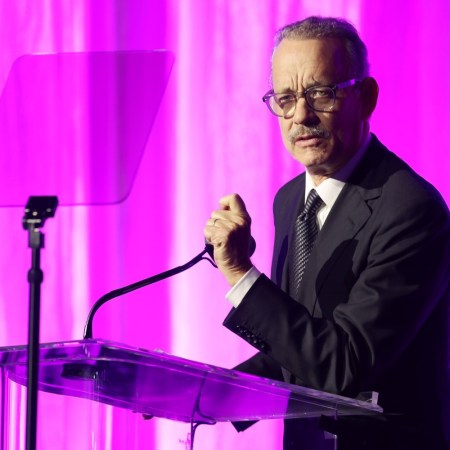Let’s say you were a prominent figure in your field. And let’s say that one day you got a call from someone purporting to be from Harvard University, offering you a position there. It might seem too good to be true — but surely your prominence would shield you from that. Right?
You might think so, but unfortunately — you’d be wrong. A new article at The New York Times tracks the emergence of a new scam in which the targets were prominent figures in India, including news anchor Nidhi Razdan.
Razdan wasn’t the only woman targeted by the scam. As Jeffrey Gettleman, Kate Conger and Suhasini Raj write, the scammers approached “several prominent female journalists and media personalities” — and were able to get relevant information from them, including bank account information.
With that said, though, the scammers didn’t seem to use their ploy as a means of raising money. (That’s in sharp contrast to another scam that’s come to light recently involving bogus job offers.) The identities of the scammers remain a mystery, as do their motives.
Whoever was behind it set up a massively intricate system to ensnare their targets. This included numerous false identities and the purchase of a domain, HarvardCareer.com, that made their efforts seem more legitimate. Among the questions raised by the article is why Harvard, which is generally very protective of its trademarks, did not take more significant action at the time.
The whole article is fascinating — and, given the unknowns that remain in the case, it leaves one wondering if there isn’t more to this that will come to light in the coming months.
Thanks for reading InsideHook. Sign up for our daily newsletter and be in the know.


















